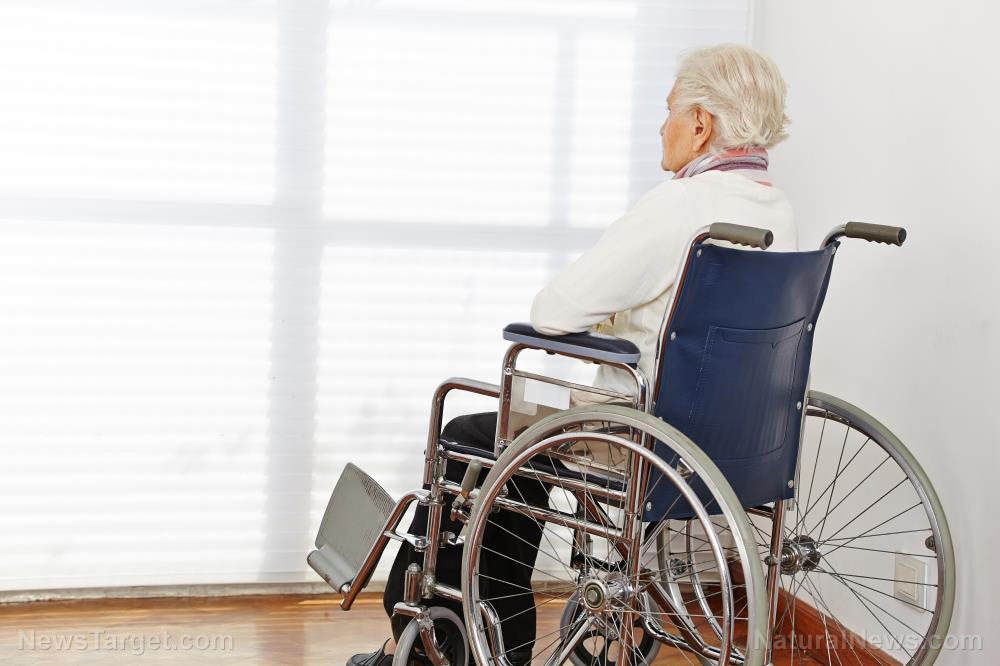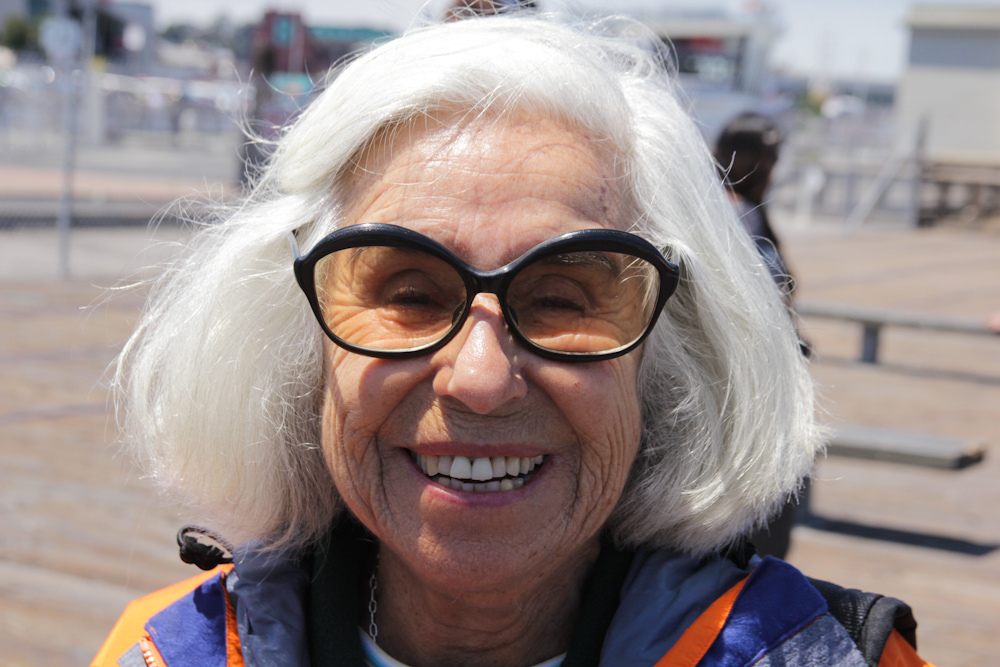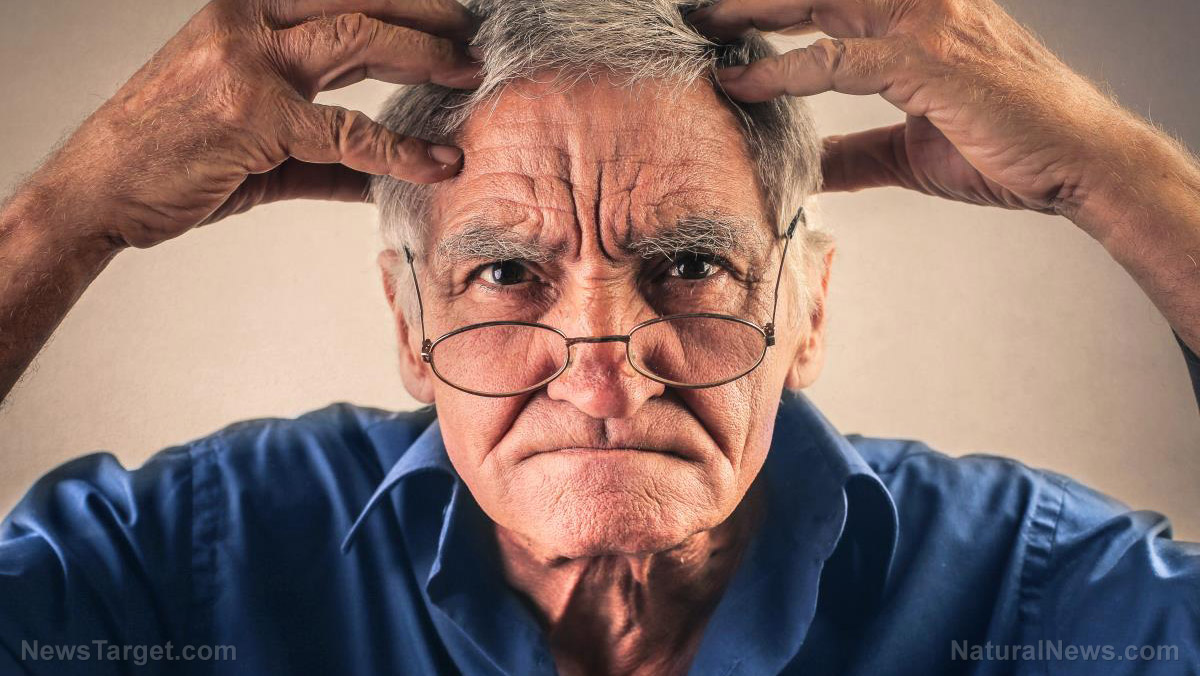Study finds nutrition to have a greater impact on bone strength than exercise
01/21/2019 / By Tracey Watson

Aging has multiple effects on the human body. Some – like the wrinkles around our eyes – are very visible, while others are subtler, but actually have a more direct impact on our health as we get older. One of these effects is a loss of bone tissue and mineral content, which can make us more prone to osteoporosis, as well as a reduction in the density of the spinal vertebrae, which can result in a curved and shortened trunk, and poor posture. These changes, in turn, can increase risk of loss of balance, falls and hip and other fractures.
Humans achieve peak bone mass levels in their 20s, after which these levels gradually decline. Maximizing those levels while young is the surest way to delay the effects of aging on the skeletal structure.
Most experts emphasize the need for strength training and stretching exercises as the best way to protect bone health and prevent these damaging age-related changes. However, as reported by Science Daily, a study conducted by researchers from the University of Michigan and published in the journal PLoS ONE, made the interesting discovery that nutrition is more important than exercise when it comes to bone strength and mass. Of course, a combination of the two is what really makes the biggest impact. (Related: Older patients can still maintain their mobility if they take proper calcium and vitamin D supplements.)
Mineral supplementation has the biggest effect on bone health
For their study, the research team tested mice after eight weeks of training along with either a diet supplemented with calcium and phosphorous or a normal diet. Thereafter the mice were monitored for a further eight-week period of no training and then subjected to further testing, which included bone mass and strength tests, as well as mechanical assessments of the bone itself. This type of assessment is important because the volume of bone does not always correlate with the actual mechanical quality of the tissue itself. A second group of mice did no training at all, but were fed the supplemented diet.
To the researchers’ surprise, the supplemented diet had more of an effect on bone strength than the exercise did. Even more surprising was the fact that the mice retained these bone strength improvements even after stopping their exercise regime, as long as the supplemented diet was continued. (Related: The Calcium Wars: Magnesium deficiency causes heart disease.)
“The longer-term mineral-supplemented diet leads to not only increases in bone mass and strength, but the ability to maintain those increases even after detraining,” noted David Kohn, a U-M professor in the schools of dentistry and engineering. “This was done in mice, but if you think about the progression to humans, diet is easier for someone to carry on as they get older and stop exercising, rather than the continuation of exercise itself.”
Interestingly, the supplemented diet improved bone strength even in mice who did no training at all. The scientists had expected the mice who did training but who were not fed the supplemented diet to show more improvement than the mice who did no training but ate the special diet. To their surprise, they found the opposite to be true.
“The data suggests the long-term consumption of the mineral-supplemented diet could be beneficial in preventing the loss of bone and strength with age, even if you don’t do exercise training,” Kohn added.
In conclusion, then, exercising as we age is always beneficial and offers a host of overall health benefits. Nonetheless, eating foods high in calcium and phosphorous or supplementing with these minerals is the most important thing we can do to protect bone health and maintain mobility as we get older.
Learn more about aging with grace and strength at Longevity.news.
Sources include:
Tagged Under: aging, aging secrets, bone health, calcium, longevity, natural remedies, nutrients, nutrition, phosphorous, prevention, supplements



















